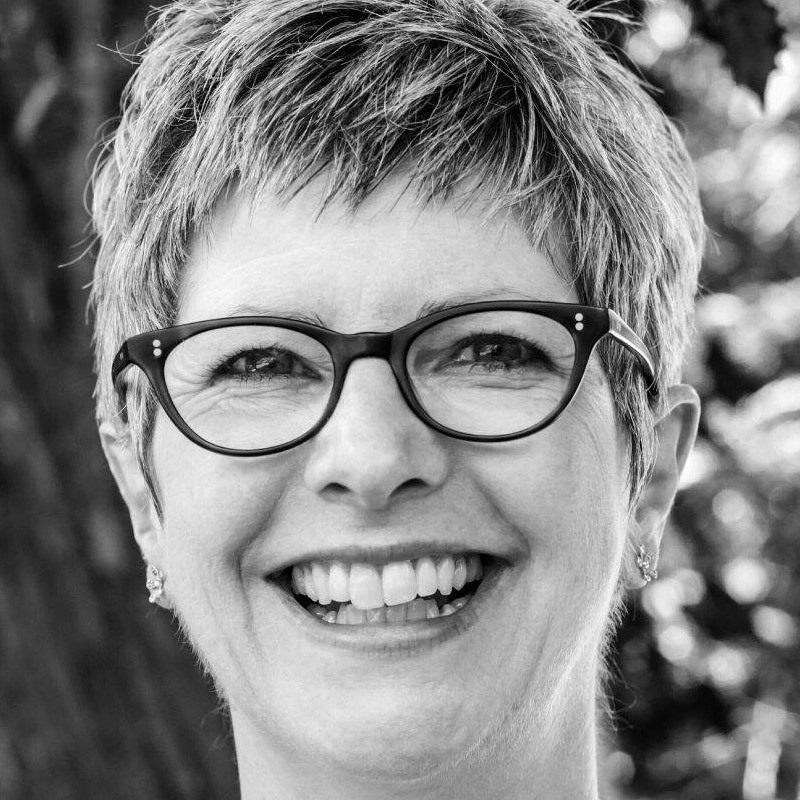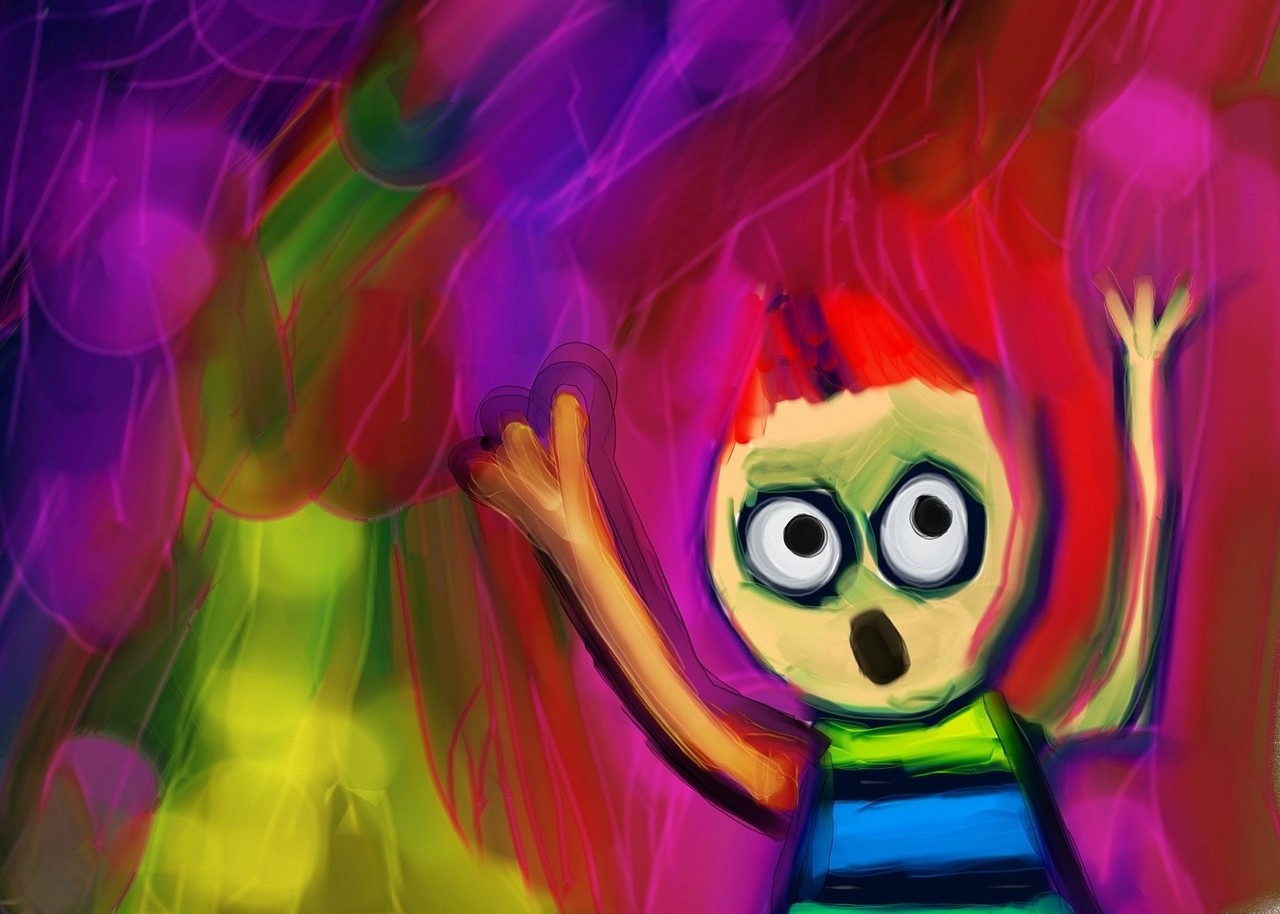I was told that I analysed too much – and most of the time my analysis was wrong.
“You take things to heart too much!” “We didn’t mean it like that!” “Lighten up!” “You’re just too sensitive!” This was especially dominant when challenging feelings, like sadness, anger, shame or hurt were in the game.
On occasion, there have also been the subtle – and not so subtle behaviours too – like being ignored, left out or laughed at, then the famous statement which follows – “we were only joking!”
You won’t be surprised to hear then, that for a considerably long time, I not only took those opinions and judgements on board, I believed that I was the problem in life. In this world. In my relationships. It was me who had the problem. If only I could be tougher. More resilient. Less emotional. Less sensitive to what people said, didn’t say or what people did or didn’t do.
To stop reading into things. Basically, just be someone I wasn’t. Be different. Change. I was told – both overtly and covertly that I was the one that needed to change.
And I have changed. But not in the ways other people wanted. I’m so pleased that I failed at doing that. Square pegs never do fit into round holes. We all know that.
If you find yourself being told that you’re just ‘too sensitive’ or you should just ‘lighten up’ or ‘not take things so seriously’ or generally be different to how you actually are, here are the top 6 things to remember.
1. Remember, you are human
That means you feel. It is normal. You are normal. Don’t let anyone tell you otherwise. And if you have an awareness of your feelings, at least you are not denying them. Or drugging them (with food, alcohol or any other substance, addiction or habit). Having an awareness of our feelings means that we can choose what we do next, instead of reacting in old, habitual ways or running on auto-pilot.
Powerful feelings and reactions are often established in our formative years as we were learning how to navigate the energies and dynamics present for us at that time. Many of us carry these dysfunctional relationship models around with us as baggage, even though they rarely continue to be helpful as we go into adulthood. Our feelings are helpful insomuch as they can act as a Guide towards greater self=awareness, choice, and change, if we take notice of them and how they impact us as adults.
2. Do investigate
By that, I mean go inside yourself when you are experiencing strong feelings. Ask the right questions. I asked myself the wrong questions for years. (e.g. what is wrong with me? Why can’t I be like everyone else? And so on). Ask yourself, what just happened? What am I reacting to? What thoughts am I thinking – or what am I saying to myself right now? (as our thoughts produce the feelings inside). How might my boundaries have been violated? How is this reaction habitual or a set pattern of relating – or a ‘groove’ I’ve gotten into? What might my ‘inner-child’ need right now? (our inner-child is usually the part of us that is feeling those strong feelings). What could the adult part of me say to reassure him/her at this time? How could I respond differently instead?
Once we bring these needs and feelings into the light as adults, we can find out what that inner child didn’t receive back then and provide a new and different experience for ourselves now.
This can transform how we relate to ourselves, to others and to our life goals today.
3. Other people have feelings of their own!
Remember, that the person saying ‘you’re too sensitive’ has feelings of their own! Might they have been triggered by something you have said or done, but not be in touch with their own feelings? Could they be feeling increasingly uncomfortable with something new or different you have noticed in them, in your relationship or in the ‘system’? (The system could be your group of friends, your family or a team at work. Are they challenged by your growth or any new changes you are making for yourself? Or perhaps they are running their own ‘auto-pilot’ road where denial of their feelings and sensitivity is the norm for them.
When we grow and change, sadly, not everyone is always happy or positive about that!
This is mostly because of the impact they fear it might have on them, their role or status in the system you both inhabit.
It doesn’t necessarily mean that others are deliberately being negative – or that the negativity is directed at you. It just means that you growing and changing can shine a light on other people’s lives and where they are at with their own growth.
They may feel totally in awe of you, but feel desperately stuck themselves, so your change provokes feelings of inadequacy in them.
They may be envious of you and your ability to be sensitive to your needs, feelings and emotions, but be unable to own those feelings in themselves.
They may feel disempowered by your empowerment, not realising that they too can claim their own power.
They may fear losing you as a friend, partner or whatever your relationship is with them, if you change too much and leave them behind.
They may not have the tools, the confidence or the ability to talk about how they are being been impacted.
Or they may unconsciously be trying to maintain the status quo (because change is scary, right?) to ‘keep you ‘in role’ – the role you’ve played in the family, friendship group or team at work. But you are no longer willing to play because you’re waking up to who you really are and what you really want.
Do not underestimate the power of these dynamics!
Whilst you have no control over what other people say, do or how they behave, you can change your own thoughts, feelings and behaviours to better suit yourself and your needs. And whilst grief and pain and loss can arise as a result, they are only feelings and feelings can be processed. If you seek help and support, you will get through that!
4. We are all in this together
It’s definitely worth remembering that the human interaction ‘soup’ is constantly being stirred. And ingredients are always being added and removed. We are all being affected and impacted by each other all of the time. What’s important is to establish what feels good and authentic to you. What scenarios activities or interactions are you engaged in which leave you feeling anxious, hurt, angry afraid or upset? Do you have to continue to with that? What change can you make today, however small? You never know, how your courage to change will also give someone else permission to make their changes, too.
5. Say no to something
It might be no to gossiping with a colleague, no to a negative thought in your head or no to an invitation which doesn’t interest you, when you’d usually say yes. Each ‘no’ to something or someone else which doesn’t feel good for you, is a ‘yes’ to yourself and a move towards creating your authentic life.
6. Be kind
After watching the amazing Leon Logothetes’ https://leonlogothetis.com/ Kindness Diaries on Netflix recently, where he toured the world relying on the kindness of others (while also being kind to others) I am reminded of the biblical quote from Jesus, to “do unto others as you would have them do unto you.”
But I also want to remind us all to remember that, often the real reason we cannot find it in ourselves to be kind to others, is because of all the pain we continue to carry. We must learn to start being kind to ourselves too! And sometimes that means being kind to ourselves first! That might mean by cutting ties, saying no or changing our old ways, which may have been giving more value to others while harming ourselves.
Some of us would never treat others the way we have been treating ourselves!
I have literally spent hours, days, months and years of my life asking the wrong question. What’s wrong with me? Let’s not forget all the money I spent trying to ‘fix’ myself too! Thankfully, I now know that all that energy, time and effort was not lost. Instead, it brought me to where I am today. Finally realising that it’s ok for me to be just the way I am. In fact, my sensitivity is a genuine gift. It doesn’t always feel like that, but that’s ok, as all gifts can – at times – feel like double-edged-swords.
A recovery of my-Self, means that I now value my sensitivity and I put it to good use helping those who want it, to do the same, so that they too can grow, change and live their authentic lives – whatever shape that might take for them.


